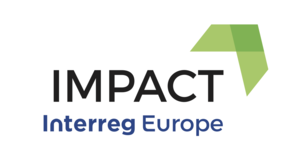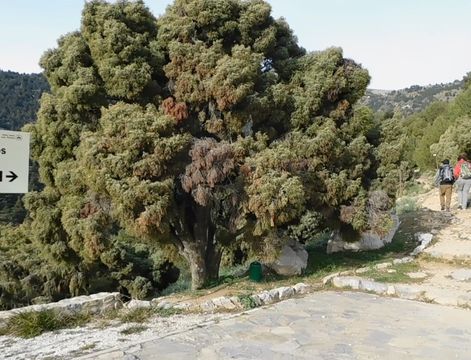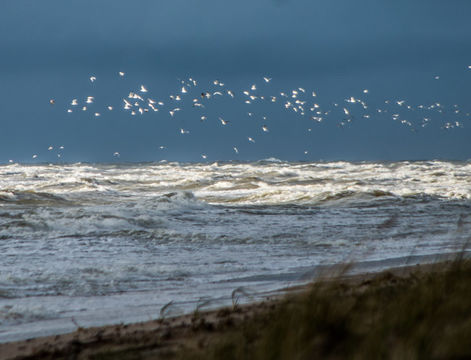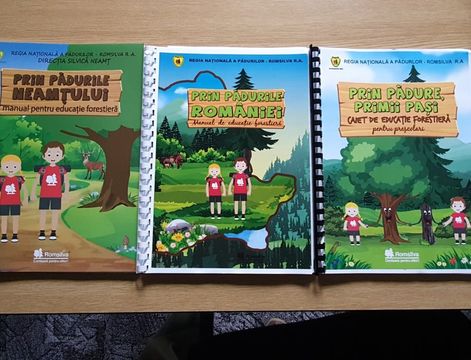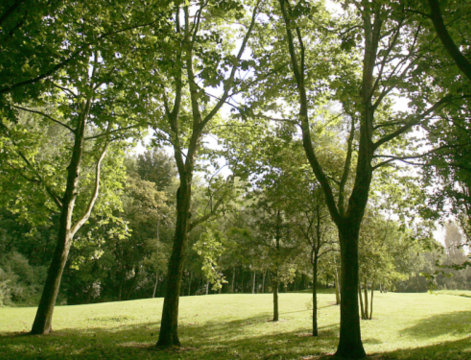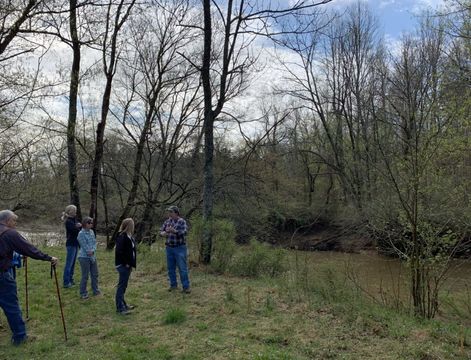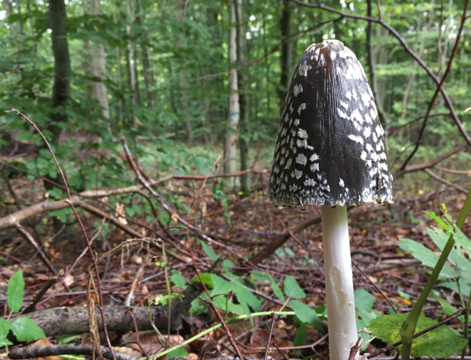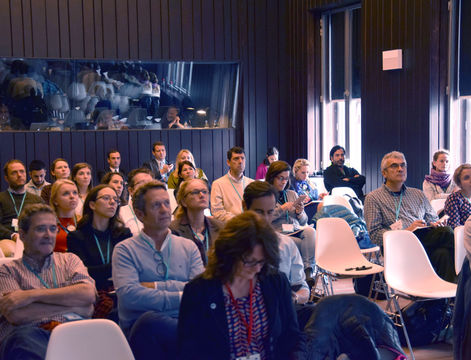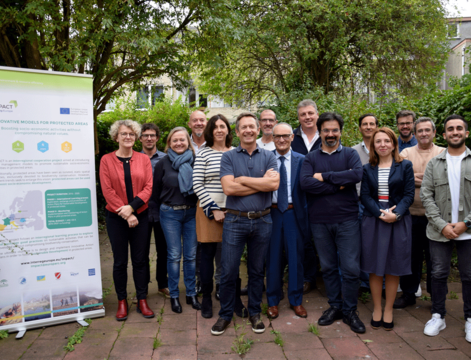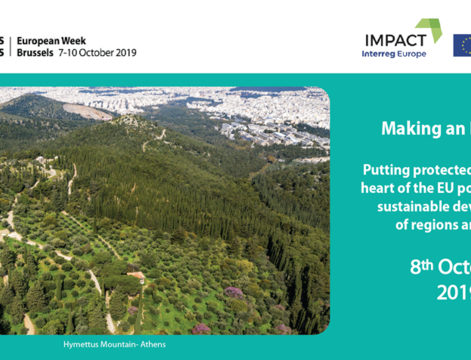David Moulin, deputy director of ENRx
Q- What is the role of the ENRX? What are your biggest challenges?
ENRx is a regional public structure, which includes 3 regional nature parks in the North of France. ENRx has 80 agents, spread over 5 teams, who work in the field to implement the “Charter” territorial projects for these parks. They also conduct various operational missions throughout the region, including preservation of biodiversity, sustainable development, environmental education, and conservation of plant varieties and animal breeds in the Hauts-de-France Region.
For the period of 2018-2021, our main challenges are going to be continuing the implementation of the charters for the three regional nature parks and facilitating the cascading of new policies and strategies for the Hauts-de-France Region in terms of biodiversity, agriculture and sustainable development.
Lastly, we have the ambition of promoting collective intelligence and innovation for rural territories in the protected areas, i.e. the regional nature parks, of the Hauts-de-France Region.
Q - How do you promote socio-economic development activities in the protected areas?
Promoting the growth of socio-economic activities in the protected areas of the Hauts-de-France regional nature parks is based, firstly, on the conception, development and implementation of projects with territorial stakeholders, professionals, and the people who live in and bring life to these protected territories and, secondly, on our methods of territorial coordination. For us, it's a matter of “convincing rather than compelling” and “assisting rather than doing in the place of”. Lastly, we help promote activities by demonstrating that they generate both local economic growth and preservation of biodiversity.
Two examples.
- Boulonnais sheep farmers , local governments that manage calcareous grasslands and meadows requiring protection, and butchers have joined forces, and our team at the Regional Centre of Genetic Resources has helped provide structure for a local economic activity focusing on “Boulonnais Lamb” and opportunities to sell this meat. Learn more here.
- Promotion of planting local trees, bushes and plant varieties : “Plantons le décor©” program, which generates € 200,000 in annual turnover for small businesses, enabling the planting of 70,000 trees and bushes of about 50 local species, as well as 3,000 fruit trees of regional varieties. Learn more here.
Q- Who are the main stakeholders of ENRx? What is the relationship ENRx maintain with them?
The main stakeholders of ENRx are territorial and local governments. In the first place, there's the Hauts-de-France Region, with which we have multi-year target agreements for the regional nature parks for the period of 2018-2021. In this way, institutional and financial relations are developed.
Within the regional nature parks, our partners are territorial stakeholders. These are local contacts for the deployment of our regional missions and for the meeting of our objectives.
With non-profits in the fields of education and the protection of biodiversity, we implement regional action programmes in the field locally.
With farmers and their trade organisations or unions, ENRx maintains operational support relationships, in order to facilitate the implementation of regional, national and European policies, such as agro-environmental and climate measures (MAEC), agro-ecology and the structuring of local economic sectors, as well as the promotion of their production via marks of origin and quality logos.
In the tourism field, our stakeholders include tour operators, B&B owners, restaurateurs and trade organisations. With them, we work together to create mechanisms, concrete initiatives, new sustainable tourist activities based on sports, nature discovery and local products, as well as the development of personal well-being, for their clients and sports/nature enthusiasts.
Q- Why has the ENRx decided to participate in the IMPACT Interreg Europe project?
In ENRx, we believe that working jointly with territorial stakeholders in shared fields is a source of mutual enrichment, sharing of experiences, and inspiration.
We have therefore decided to participate in IMPACT in order to:
- develop a network of exchanges with European partners (Lithuania, Italy, Spain, Germany, Romania),
- provide innovative responses and develop educational tools that engage with young people and residents of the regional nature parks in the Nord-Pas-de-Calais,
- maintain and enhance relations between People and Nature in these natural parks,
- increase the engagement of the people who live and/or work in the regional nature parks,
- seek a balance between preservation and socio-economic and tourist activities in natural spaces,
- increase the attractiveness and quality of these protected areas in the Hauts-de-France Region.
To read the full interview: here
